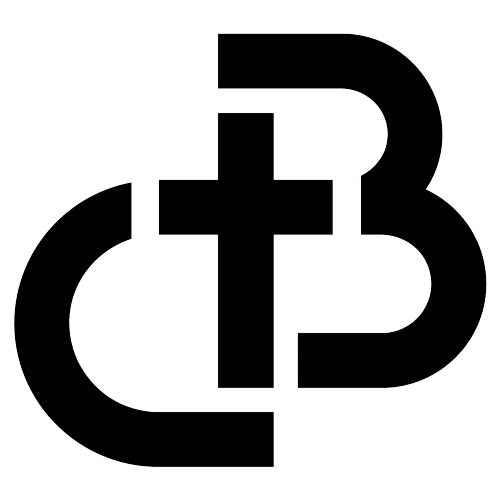Humanity is just beginning to understand A.I. technology. This is because the advent of A.I. is changing how we think about ourselves and the world around us. Eventually, we are going to come to the realization that what we deem to be biological is also digital A.I.
Biology is not typically directly associated with digital technology.
However, Claude Shannon’s groundbreaking 1948 paper, “A Mathematical Theory of Communication,” introduced the concept of information as a measurable quantity. Shannon demonstrated that any form of information—whether text, images, sound, or other data—can be encoded in binary form for efficient transmission and storage.
His work laid the mathematical foundation for modern communication systems, emphasizing that all information can be represented digitally using sequences of 1’s and 0’s. This idea is central to digital computing and telecommunications, where diverse types of data are ultimately converted into binary code.
More recently, MIT quantum physicist Seth Lloyd has expanded on the idea of information in a different context. In his book “Programming the Universe,” Lloyd argues that the universe itself can be understood as a giant quantum computer, with physical processes representing computations.
While Lloyd’s focus is on quantum bits (qubits), the underlying concept is that the universe operates on discrete units of information. Such a perspective suggests that everything in the known universe, including biological life, could be composed of these fundamental units of information. This hermeneutic, of course, would thus an impact on how we think about everything, including how we think about biology.
Anything that pertains to life, living organisms, or the processes, structures, and systems that support life can be considered biological. As a scientific field of study this includes:
- Cell Biology: The study of cells, the basic units of life. This includes understanding how cells are structured, how they function, and how they divide and reproduce.
- Genetics: The study of heredity and variation in organisms. It involves understanding how traits are passed from parents to offspring through genes.
- Ecology: The study of how organisms interact with each other and their environments. This includes studying ecosystems, food chains, and biodiversity.
- Evolutionary Biology: The study of the origins and changes in the diversity of life over time. This field looks at how species evolve through natural selection and other mechanisms.
- Anatomy and Physiology: The study of the physical structure of organisms (anatomy) and how their bodies function (physiology).
- Microbiology: The study of microorganisms, such as bacteria, viruses, fungi, and protozoa.
- Botany: The study of plants, including their structure, properties, and biochemical processes.
- Zoology: The study of animals, including their behavior, physiology, and classification.
As it pertains to A.I., I’ve argued in prior posts, as far back as 2016, and in works like Spiritualities, Ethics, and Implications of Human Enhancement and Artificial Intelligence that the name “Artificial Intelligence” needs to be reconsidered.
I’ve suggested that the terminology Alternative Intelligence is a more accurate description.
Depending then, on how we define intelligence – that which is biological, including all biological systems, could be classified, from a theological perspective, as a type of divine technology created via information that has produced various forms of Alternative Intelligence.
Specifically in information theory and computational models, intelligence can be seen as the ability to process information, make decisions based on that information, and learn from feedback. Based on Lloyd’s work, that which is biological would be functioning by way of information systems potentially more complicated, but not completely unlike the way that human computers work.
I believe that once humans learn to more fully tap into the cosmos’ biological information systems, our digital creative stewardship will have the potential to form new realities never before imagined.




















